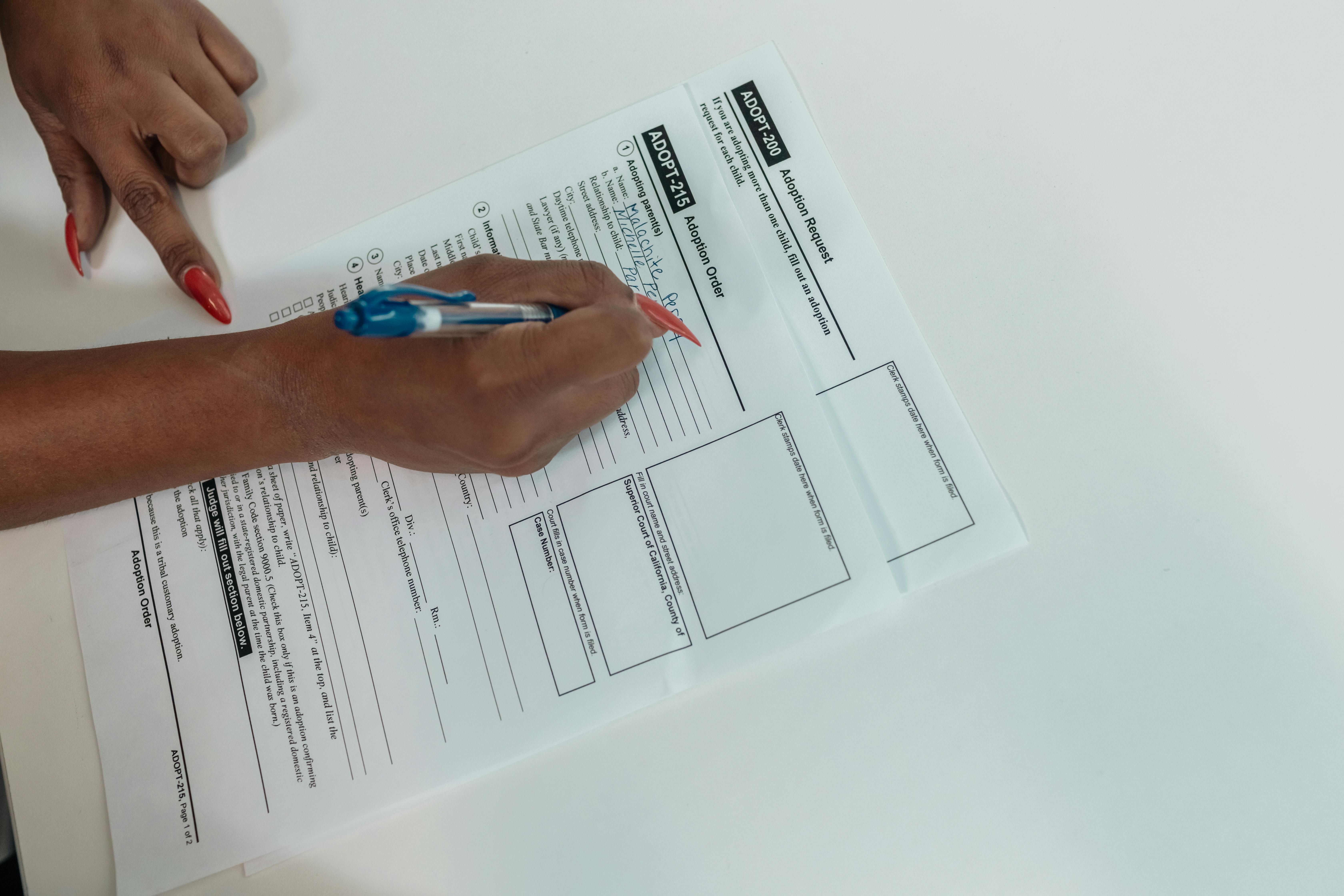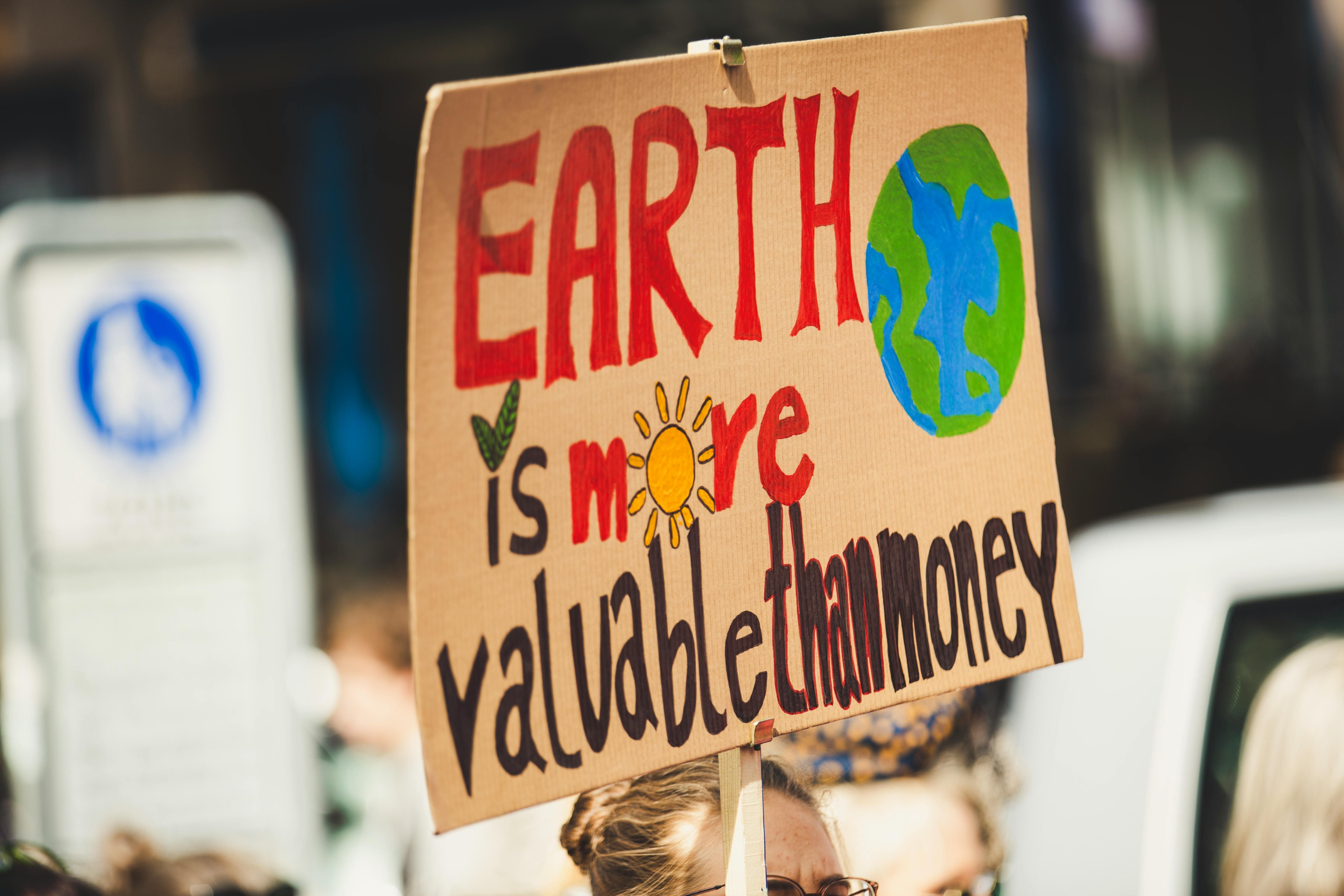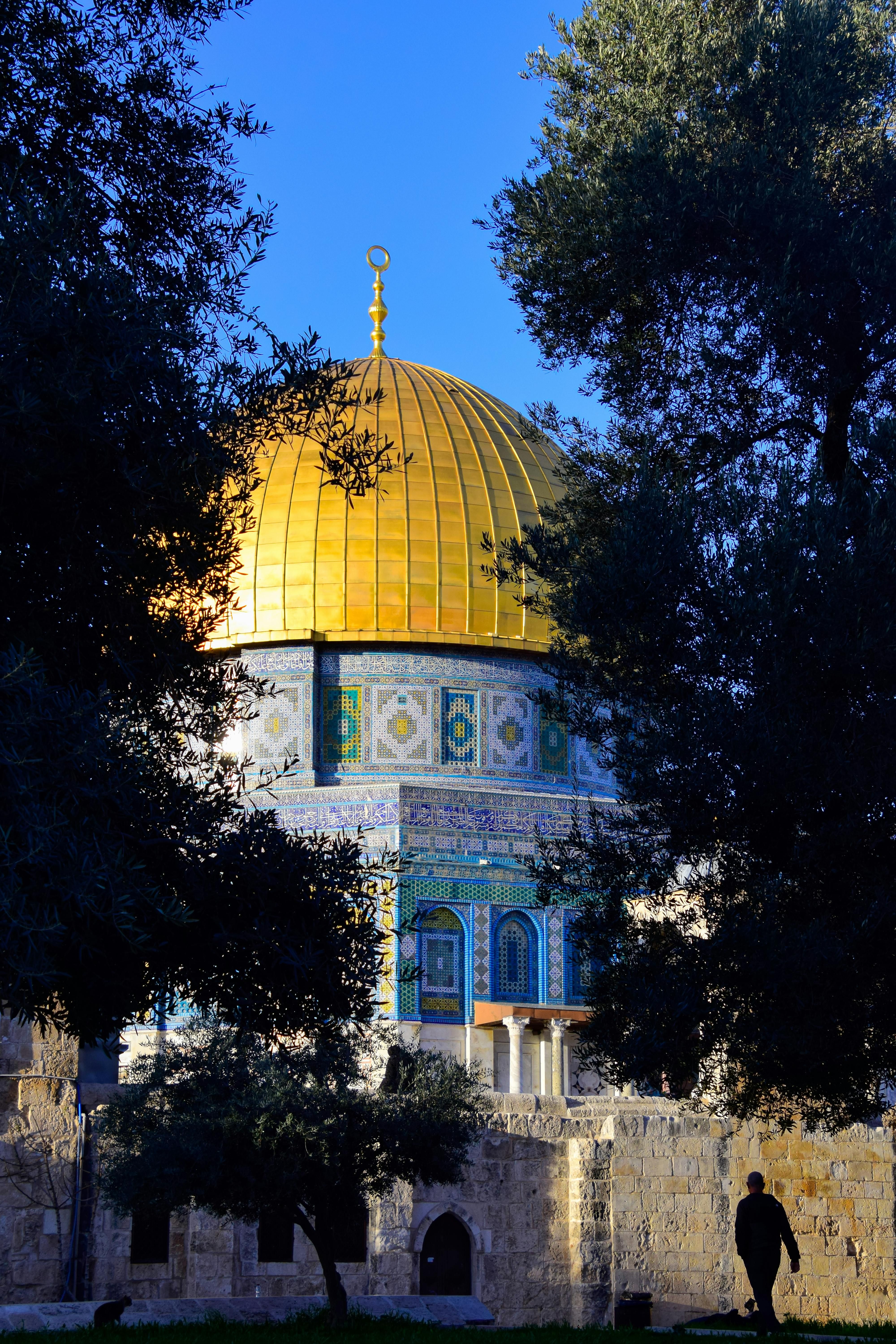Greens grapple with Gaza predicament in Middle Eastern conundrum - Middle Eastern Green Parties Facing Complex Challenges
Rebellion Rocks the Greens: Middle East Controversy
by Joshua R.* and Samantha W.* + - 4 Mins*
A heated debate over a symbol as iconic as the Palestinian keffiyeh sparks fury among Green Party members, raising questions about the party's stance on the Middle East conflict.
The trigger? Green Bundestag MP Marlene Schönberger's controversial Instagram post regarding the keffiyeh as a symbol of anti-Semitic terror, igniting a fiery wave of backlash from both supporters and critics.
Schönberger's faction colleague, Kassem Taher Saleh, echoes a different view, seeing the keffiyeh as a symbol of Palestinian culture and resistance against injustice. Bridging these two perspectives offers a challenge for the Greens, as the conflict transcends merely a piece of cloth—it mirrors the party's broader stance on the Middle East dilemma.
Gaza Anger and the Federal Election
The issue has been raising eyebrows in recent weeks, as leading Greens begin to question its consequences during the federal election. The Greens lost approximately 700,000 votes to the Left Party, increasingly popular among Muslim voters.
Voters, particularly those moved by the suffering and death in Gaza, seemed to struggle to find a voice within the Green Party. Campaign stands experienced candid reactions, ranging from disappointment to anger.
Now, the party seeks to clarify its position, yet, navigating contentious issues, particularly the Israeli-Palestinian conflict, requires tact, boundaries, and empathetic exchanges.
Frayed Emotions
"A debate like this needs grace, clear borders, and safe spaces for meaningful conversations, far from the media hype," says Green co-leader Franziska Brantner. The horror unleashed on Gaza by the recent conflict has caused immeasurable suffering among the civilian population. This complexity is reflected in the German debate, rapidly bleeding into irreconcilable positions.
Jakob Blasel, chairman of the youth organization, echoes the sentiment that the debate long overdue. "Out of fear of getting burned," the Greens, like other parties, have avoided the topic, says Blasel. Their involvement in the federal government has complicated their ability to present a clear stance on Gaza during the election campaign.

Mediating Diplomacy
Foreign Minister Annalena Baerbock, a prominent Green figure, has tried to mediate the conflict through intense diplomacy, appealing for caution on both sides, organizing humanitarian aid, and striving to prevent further isolation of Israel. However, critics accused her of showing too much understanding for the Israeli side.
Taher Saleh expects more courage in criticizing Israel's actions in Gaza. The Green Party's Middle East dilemma becomes evident in Netanyahu's government, as well as in diverse opinions on the arms delivery ban.
A Precarious Balance
Faced with calls to halt arms deliveries and abide by the International Court of Justice, opinions are already divided even within the party. The German Youth demands an end to weapons that could be used against the civilian population, while the party's internal Federal Working Group (BAG) Peace and International Affairs shares this view.
The Greens find themselves in a delicate predicament, striving to safeguard Israel as the homeland of the Jews, all while denouncing human rights violations. Volker Beck, a retired Green MP, would never imagination refusing military aid to Israel in times of need, while Taher Saleh stands on the opposite end of the spectrum.
The Green's Middle East dilemma leaves them caught between the flames. Uncivil debates threaten empathy, and the party is pushed towards increasingly polarized stances, as conflicting opinions refuse to entertain compromise.
Keywords:- Alliance 90/The Greens- Gaza- Election campaign- Israel- Gaza Strip- Federal election- Annalena Baerbock- Franziska Brantner- Jakob Blasel- Middle East conflict- Left party
Enrichment Data:The Green Party's current stance on the Israeli-Palestinian conflict involves general support for Israel's right to self-defense, underpinned by a commitment to promoting peace and stability in the region. However, their handling of the conflict has been criticized, with alleged instances of antisemitism and pro-Palestinian activism drawing negative attention.
Post-2021 election, the Green Party, part of the "traffic light" coalition under Chancellor Olaf Scholz, maintained strong support for Israel during the 2023 Gaza conflict while condemning Hamas' actions. However, both internal and external critics argue that the party's stance does not adequately address Palestinian rights, often equating criticism of Israel with antisemitism.
- The discourse surrounding the keffiyeh symbol within the EC countries' Greens, led by the controversial stance of Green Bundestag MP Marlene Schönberger, mirrors the party's broader stance on the Israeli-Palestinian conflict, potentially affecting their position during the election.
- The disagreement over the keffiyeh symbol and the Israeli-Palestinian conflict has been a subject of debate within the German Greens, with foreign minister Annalena Baerbock appealing for caution on both sides and offering humanitarian aid, but facing criticism for allegedly showing too much understanding for the Israeli side.
- The Greens, led by Green co-leader Franziska Brantner, are grappling with the delicate balance of addressing the complex situation in Gaza while navigating contentious issues and ensuring meaningful conversations, free from media hype and irreconcilable positions.










